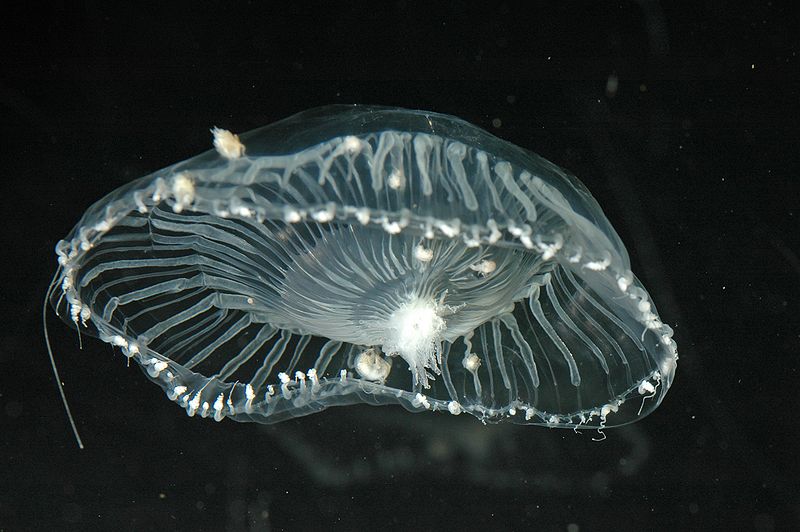Patents to exploit deep-sea marine organisms are increasing, according to a new study in Nature Sustainability.
A new database of marine genes in patent filings reveals most patents are held by a few large companies, and that deep-sea organisms are of increasing economic interest. These include species in areas outside of national jurisdictions, where environmental regulation is limited.
The authors say their findings show the need for polices that steward deep-sea ecosystems, and regulate marine bioprospecting in international waters.
The SMC asked experts to comment. Please feel free to use these comments in your reporting or follow up with the contact details provided.
Professor Paul Myburgh, Law School, Auckland University of Technology, comments:
“The article highlights fundamental deficiencies in national and international legal frameworks regarding deep-sea bioprospecting/patenting.
“Many countries, including Aotearoa New Zealand, have agreed to a conditional moratorium on seabed exploitation in areas beyond the national jurisdiction until a regulatory framework can be agreed by the International Seabed Authority (ISA), ensuring effective protection of the deep-sea marine environment.
“The moratorium has not stopped a few international companies from jumping the gun and patenting marine organism genes that may be commercially valuable in future. Neither the United Nations Convention on the Law of the Sea (UNCLOS) nor the new High Seas Treaty (also known as the BBNJ Agreement) explicitly addresses patents or other intellectual property rights over marine organisms. Until this international legal gap is closed, these companies will aggressively attempt to establish their commercial monopoly over deep-sea genetic materials.
“The issue is of particular concern in Aotearoa New Zealand because of the potential clash between mātauranga Māori and international intellectual property law, which may result in biopiracy by foreign companies of traditional knowledge and rights in respect of marine resources and environment (including the cultural right of the relevant kaitiaki to exercise a rāhui (exploitation ban) over endangered resources).”
No conflicts of interest.
Dr Johan Svenson; Manager – Science Impact; Cawthron, comments:
“New Zealand has one of the largest exclusive economic zones (EEZ) in the world, offering significant opportunity for biodiscovery in our vast marine estate.
“Natural products form the foundation of modern medicine and initially all drugs were naturally derived. These days, unveiling new promising compounds and proteins, through bioprospecting, often involves mining databases containing sequencing data and DNA collected from environmental samples. Due to the technological challenges involved, the deep sea has only recently started to attract attention, and the past decades have seen a rapid increase in marine biodiscovery as reflected in the number of patents containing genetic sequences from marine organisms.
“The chemical diversity found in marine compounds is unprecedented, and it has been shown that drug leads from marine organisms have a success rate two to four times higher. Countries like the USA, Japan and Germany are leading the charge in the marine biodiscovery space with large companies such as BASF, IFF and DuPont particularly active.
“This paper provides a comprehensive, up-to-date illustration of the current state of the global deep-sea marine bioprospecting landscape. The introduction of the Marine Bioprospecting Patent Database is a valuable source of information that can guide and inform research and development activity. The paper highlights the extent and the immense potential of marine biotechnology and emphasizes the need for policymakers to ensure a continued stewardship of the sensitive deep-sea ecosystems beyond national jurisdiction. The intense global international activities described in the paper are not yet reflected here in New Zealand.
“Given that 96% of New Zealand is ocean, it is realistic to expect beneficial outcomes in the fields of food, feed, fibres, cosmetics and biotech, that could significantly contribute to the New Zealand economy if our marine realm was properly & responsibly explored.”
No conflict of interest.
